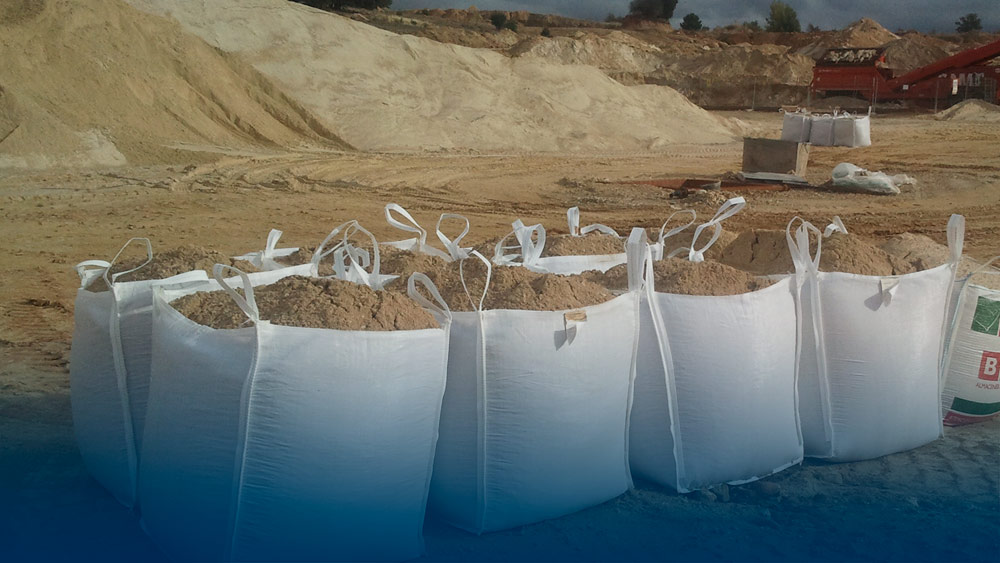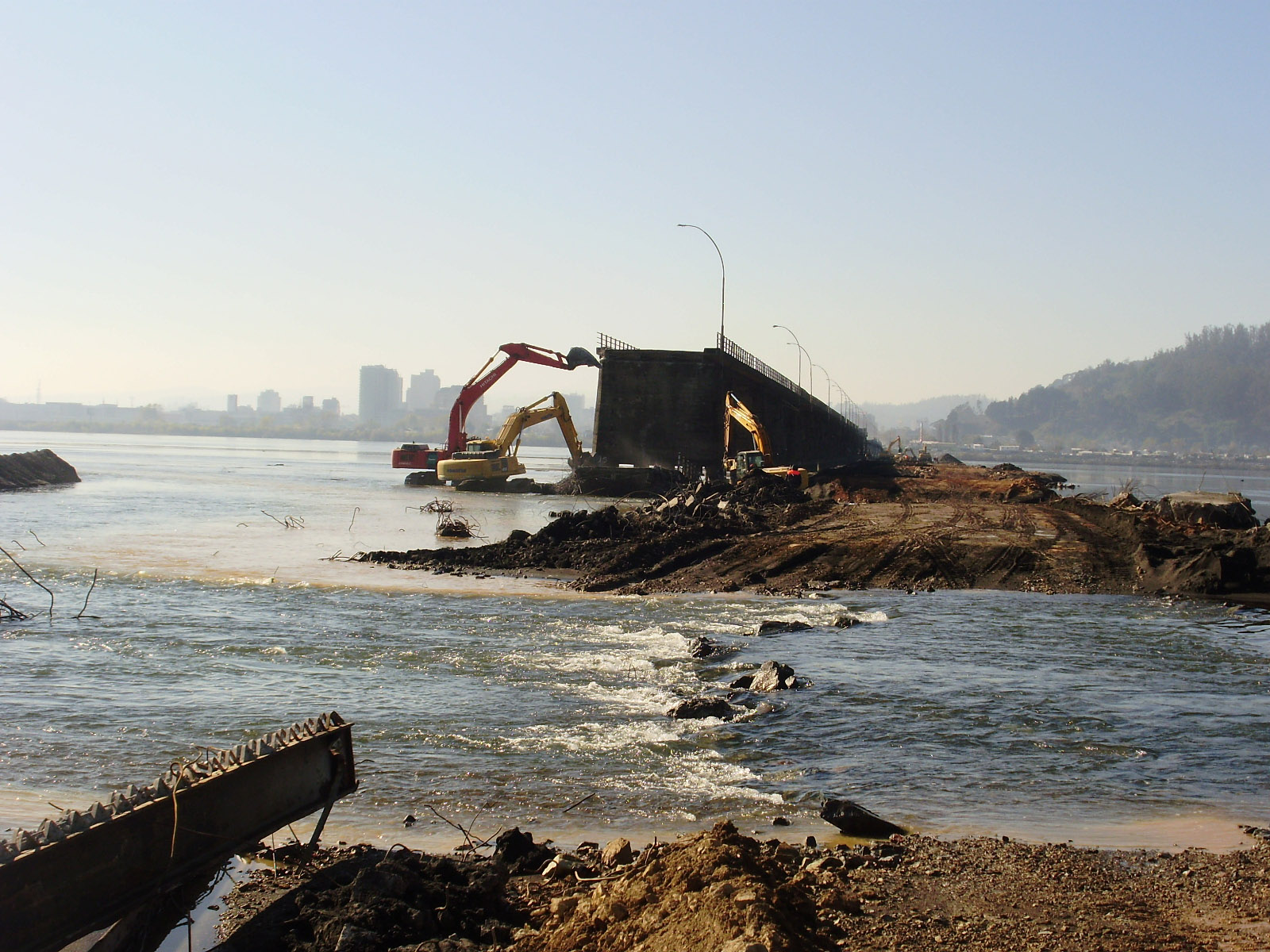Introducing Valrec: a project that aims to promote the circular economy and improve the recovery and recyclability of these materials, while minimizing the amount relegated to landfills.
Comprised of nine companies and three research centers and funded by the Community of Madrid, Valrec is a circular economy project designed to promote the re-use of construction and demolition waste.
“At the moment, the process is very linear. Aggregates are extracted from mines, the concrete is manufactured, and they are mixed with other elements in the dismantling phase and taken to landfills. The Valrec project and its members aim to make the economy system more circular, emphasizing the need to encourage the use of recycled aggregates, sorting at the source, and digitization,” explains Juan Diego Berjón, head of Waste Treatment Services at Surge Ambiental.
Royal Decree 646/2020 of July 7, regulating landfill waste disposal, establishes three types of waste: inert, hazardous, and non-hazardous. The new waste law increases taxation on all waste at the time of recycling. At present, however, in many cases, outright disposal is more advantageous than recycling.
“Our aim with the Valrec project is to give value to waste and avoid landfills. Inert waste should not be dumped in landfills; it can be recycled 100%. The current problem is construction’s waste management model, where landfill is the cheapest option because it does not involve sorting. Everything is mixed together and tossed,” says Berjón.

While not logged in Spain, natural aggregate is a limited resource. If we do not recycle and extract natural aggregates from waste, we will end up depleting this natural resource.
The new Law 7/2022, on waste and contaminated soils for a circular economy, favors the circular economy as it requires recycling 10% of the waste generated. The Valrec project aims to capitalize on this situation.
“Waste contains products and byproducts that we were uninterested in until now, but with finite raw materials, we could have a supply problem in the future. That’s why it is so important to separate waste and extract the raw materials to recycle and revalorize them,” Berjón explains.
In the Community of Madrid there is a large quantity of recycled aggregates that are not in high demand and, thus, wind up in landfills. Valrec is the ideal solution to address this problem, generating an industrial fabric and green jobs around the recycling of construction and demolition waste.
The Valrec consortium consists of Surge Ambiental and Valoriza—both part of the Sacyr Group—Allgaier Mogensen, Adcore, Sika, Sodira, Hormicruz, Kolokium, and the Green Building Council-Spain (GBCe). It also has support from the Tecnalia technological research and development center, the Eduardo Torroja Institute of Construction Sciences (IETcc), and the Universidad Autónoma de Madrid (UAM).
The project has an execution budget of 5 million euros and a duration of 24 months. Valrec is subsidized by the 2020 call for aid to improve public-private cooperation in R&D in areas of strategic importance to the Madrid economy on tractor projects developed by open innovation hubs within the Regional Research Strategy for Smart Specialization (RIS3).
